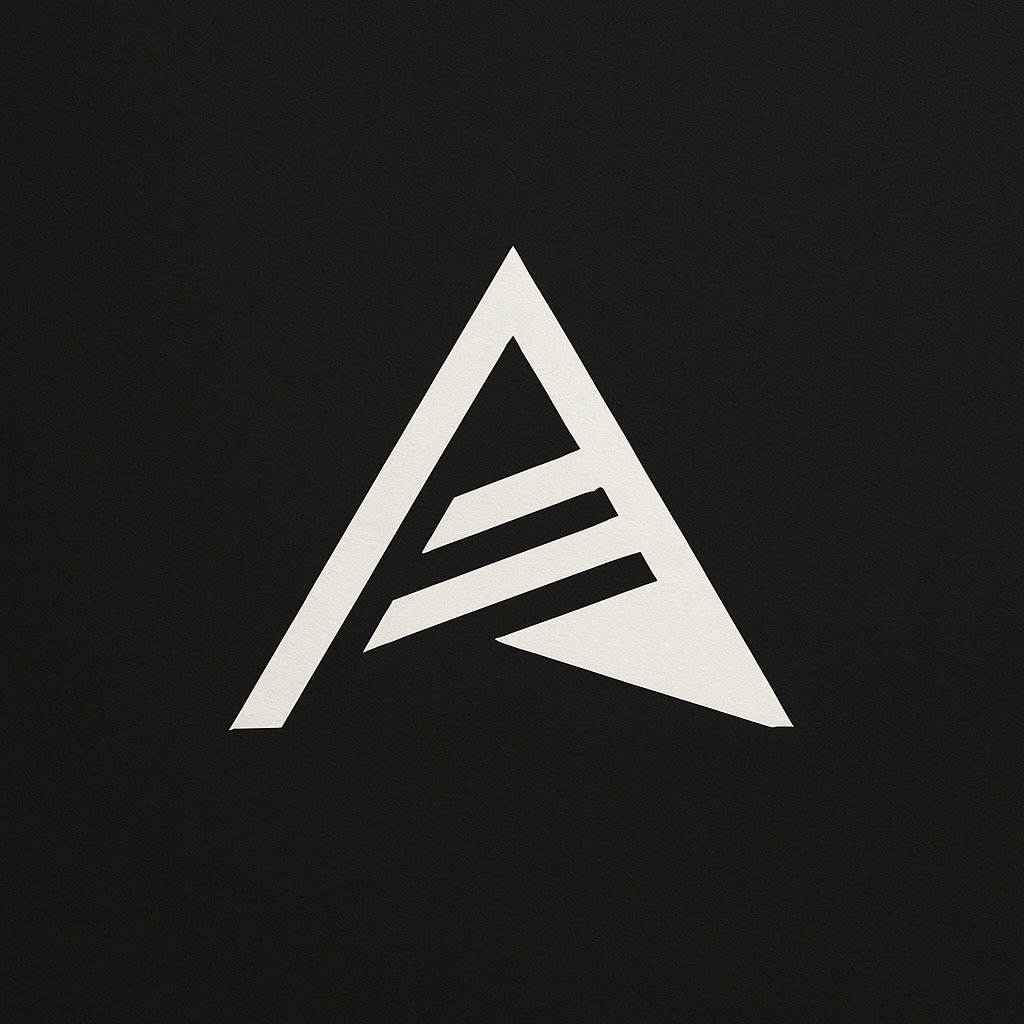Injection Molding
With the ability to fabricate parts from a large range of materials, including ABS, Delrin®, and moly filled nylon, we are able to hold to very tight, .002" tolerances for your high-precision plastic part needs. We provide RTIs (rapid tooling inserts), which permits faster turnaround of prototype and short production run projects.
* Experience in Difficult to Mold Parts.
* Statistical Process Control.
* In-House Mold, Tool and Die Shop.
* Project Management Capabilities.
* Commodity & Engineering Resins.
* Structural Plastic Injection Molding.
* Molding parts from 1 gram to 7 lbs.
* SLA, SLN, and Machined Prototypes.
* Short and Long run production.
* Controlled injection molding machines.
* Clean-Room plastic Injection Molding.
* Process Validation – CPK Analysis.
Vacuum Forming
Akra Plastics, Inc. custom plastic vacuum forming services specialize in fabricating both large and small volumes of thick gauge (1/16" to 1/4") parts measuring up to 8' x 4'. We design and machine most molds in-house, which gives us the ability to get the job done on a tight tooling budget. Able to work with materials including ABS, Polystyrene, Polyethylene, Polycarbonate, PETG, Acrylic and TPO. We offer various colors and textured finished options.
Single stage vacuum forming, the process of heating plastic sheets, laying them against a mold, then applying a vacuum between the mold surface and sheet, is a cost effective alternative to fabricated sheet metal, fiberglass, or plastic injection molding. We currently use vacuum forming techniques to produce parts for vehicles such as ATVs, trucks, and motorcycles, additionally we produce products for the medical industry and divisions of the Military.
Capable of short lead times and just-in time deliveries, we also provide rush services for parts using existing molds. As a full service operation, we also provide in-mold labeling as well as sub-assembly operations and engineering assistance.
Drape and Oven Forming
Akra uses drape forming (also called oven forming) when a plastic part requires a more general, or gradual, bend than heat bending processes can provide.
Heat bending for drape forming involves heating a thermoplastic sheet until it becomes pliable, then allowing it to sag or drape over a mold under its own weight or slight pressure. As it cools, the material retains the shape of the mold, forming smooth, curved surfaces.
Cold Bending in addition to heat bending, some thermoplastic materials can be cold bent. Depending on the thickness of the material, most plastics can be bent in a gradual radius without negatively affecting the integrity of the material. This is often seen in architectural applications for use in skylights or transparent walkway ceilings.
Heat Bended Parts depending on the requirement specified by the customer, Akra uses a variety of methods to heat bend thermoplastic material such as hot wire, radiant heat and convection ovens. The type of resulting bend depends on the width of the heat source and the thickness of the material.
Cold Bended Part a few plastics can actually be bent using a press brake, which is the same equipment used for bending metal. The thickness of the material helps determine the ability of the material to be bent in this manner.
Materials 3/16” thick or less are typically easier to bend. Polycarbonate and acrylic/PVC alloys (e.g. Kydex®) are the primary materials that lend themselves to this process.
CNC (Computer Numerical Control) Routing
Akra Plastics offers precision CNC plastic routing and shaping to fabricate custom components for customers across a spectrum of industries and applications. Our state-of-the-art equipment features 3 and 5 axes, CNC control, CAM programming, and automatic tool changers.
Some applications for 5-axis plastic routing are:
*Trimming and routing vacuum and pressure-formed parts
*Post-bend trimming of heat or cold-bent parts
*Routing cylinders or tubing
Markets served by CNC Plastics Routing
*OEM manufacturers
*Recreational vehicles
*Utility vehicles
*Retail display manufacturers
*Store fixture manufacturers
*Commercial printers
*Graphics companies
*Sign manufacturing companies
Quickest feed rates and programming capabilities possible
*Consistency of the finished part
*Precision quality and on-time delivery
*High quality edge finish
*State-of-the-art CNC plastic routing technologies
*Tight tolerance CNC plastic routing equipment
Typical applications on CNC routers are:
* Trimming and routing vacuum and pressure-formed parts.
* Trimming bent and draped formed parts.
* Flat sheet.
* Cutting molds and patterns.
* Post-fabrication of assemblies and subassemblies.
Akra uses advanced 5-axis routers with capacities up to 120" x 60" x 36" to trim and route complex parts with multiple surfaces and angles. Split-bed designs improve efficiency by allowing loading and unloading of one part while another is being routed.
CNC Router Benefits:
Precision – We’ve built a reputation for exceeding industry-standard tolerances, and our 5-axis trimming capabilities are a key part of how we’ve been able to do that. CNC trimming lets us deliver precise, repeatable results on every part that leaves our manufacturing facility.
Pressure Forming
Akra Plastics brings over 40 years of experience in pressure forming high-quality custom parts. This process uses heat, vacuum, and pressure to create detailed, stress-free parts with features like vents, textures, logos, sharp corners, and snap-fit designs. Pressure forming offers injection molding-like finishes at a fraction of the tooling cost, making it ideal for runs from the high hundreds to mid-thousands.
KEY BENEFITS OF PRESSURE FORMING
* High Levels of Detail and Precision
* Attractive Cost at Quantity
* Large Part Capability
* Complex Geometry without High Costs
* Part-to-Part Repeatability
* Molded-In-Color, Textures, Lettering & Logos
* Molded In Undercuts, and Snap Fit Features
* Flexible Finishing Options
* Several Material Options and all Fully Recyclable.

